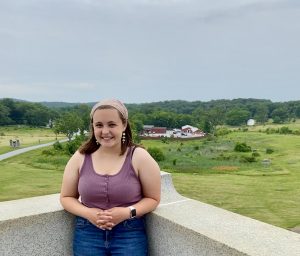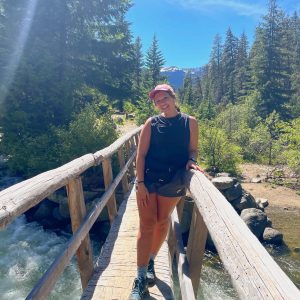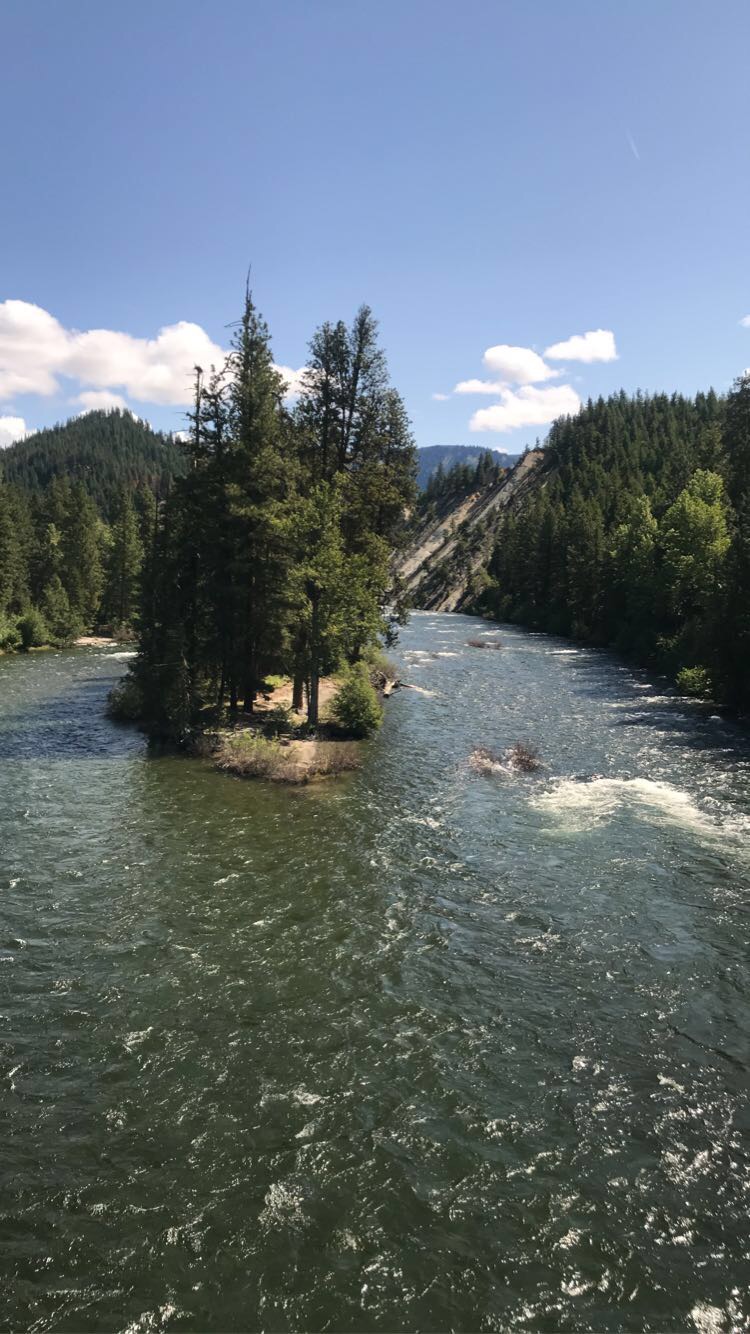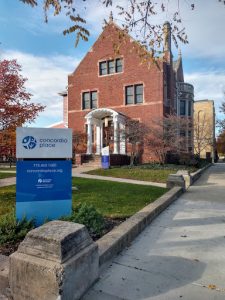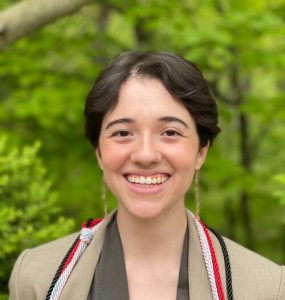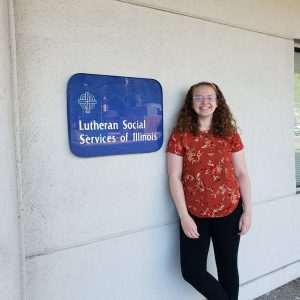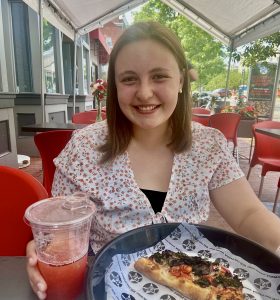 My friends and I have a running theory that moving to a new city should perfectly encapsulate the feeling you get when listening to the album 1989 by Taylor Swift. In this album, Swift is upbeat, bold, and seemingly unphased about her move from Nashville, TN to an apartment all by herself (and her cats), in New York City. While I was pretty sure that I would feel a bit more nervous about moving to a city alone, I knew that this internship would be a growing experience that only comes along once in a lifetime.
My friends and I have a running theory that moving to a new city should perfectly encapsulate the feeling you get when listening to the album 1989 by Taylor Swift. In this album, Swift is upbeat, bold, and seemingly unphased about her move from Nashville, TN to an apartment all by herself (and her cats), in New York City. While I was pretty sure that I would feel a bit more nervous about moving to a city alone, I knew that this internship would be a growing experience that only comes along once in a lifetime.
With a burst of confidence, I found myself testing our 1989 theory through the CAPS program, in my dream city. After a whirlwind of goodbyes and some (admittedly frantic) packing, I found myself settling down in a comfy apartment on the outskirts of Washington DC. While the pandemic has made my internship with Lutheran Services in America virtual, I have still been able to learn a great deal from this internship site in the few short weeks that I have been here. The first lesson? Outlook. This one came as a surprise, as I have almost religiously used Google for all of my school, work, and home needs for as long as I’ve known how to work a computer. After just a few hiccups (and missed messages in Microsoft Teams), I was well on my way to diving into projects and learning what a (virtual) office setting looks like.
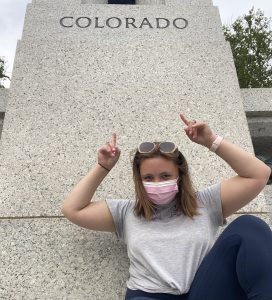 To my delight, I am able to continue past work of a former CAPS Fellow during my time with Lutheran Services in America. I’ve begun research on racial equity data within the nonprofit world and continuing to research LSA’s member organizations for the same type of data. I have also been able to learn more about how nonprofits can work together to combat the systems that hurt the people they serve. I’ve particularly enjoyed learning about aging adult facilities and how they help aging adults in rural populations.
To my delight, I am able to continue past work of a former CAPS Fellow during my time with Lutheran Services in America. I’ve begun research on racial equity data within the nonprofit world and continuing to research LSA’s member organizations for the same type of data. I have also been able to learn more about how nonprofits can work together to combat the systems that hurt the people they serve. I’ve particularly enjoyed learning about aging adult facilities and how they help aging adults in rural populations.
While I’ve enjoyed this work, it’s also led me to consider my calling for the future. In having a lively conversation with my CAPS mentor, I found that more often than not, our paths in life aren’t as straightforward as they seem. In fact, the further I get in my studies, the less I know what I want to do with my career and life path. Luckily, CAPS has allowed me to explore one of the many options that my degree leads me to. Nonprofit work can be difficult, frustrating, and can be either focused on day to day life or the big picture. LSA allows for me to see both sides of this work, experiencing conversations with those doing the nitty gritty ground work. The people who are constantly putting out fires while simultaneously making the world a better place. On the other hand, LSA takes the non profit staff and gives opportunities to focus on the bigger picture and direction of their work. This has led to more and deeper conversations around race and racism, reaching out to typically ignored populations, and creating a safer space for those who need help. Overall, I feel grateful for the different opportunities LSA has given me and allowed me to explore on my own. It has given the flexibility of a learning environment while still showing how to be productive in a work environment.
